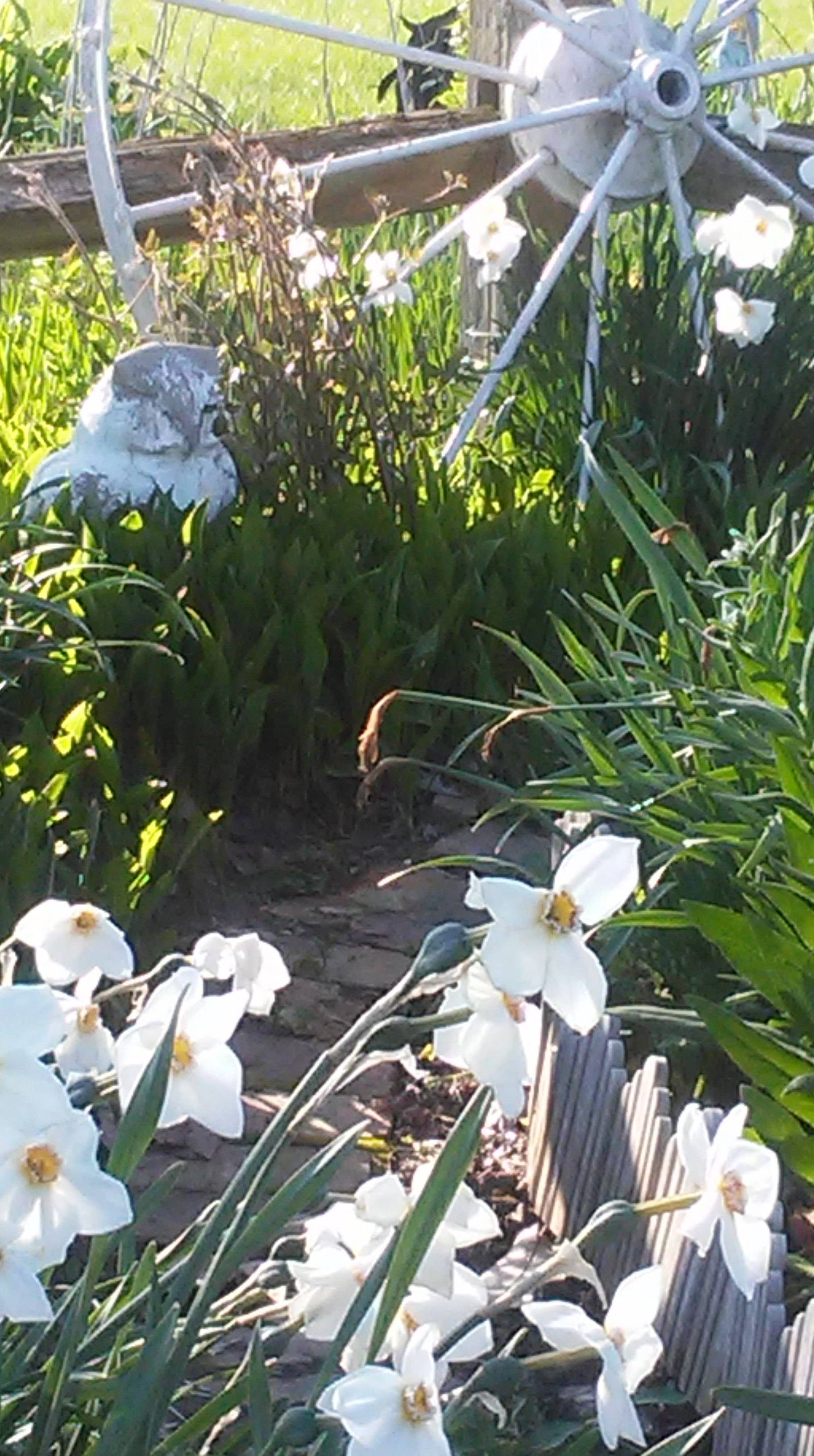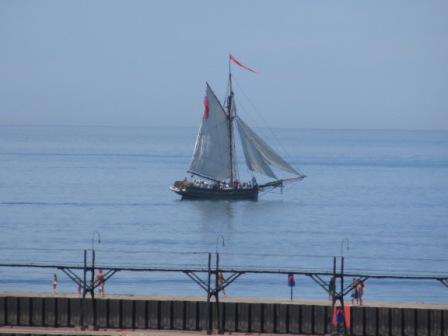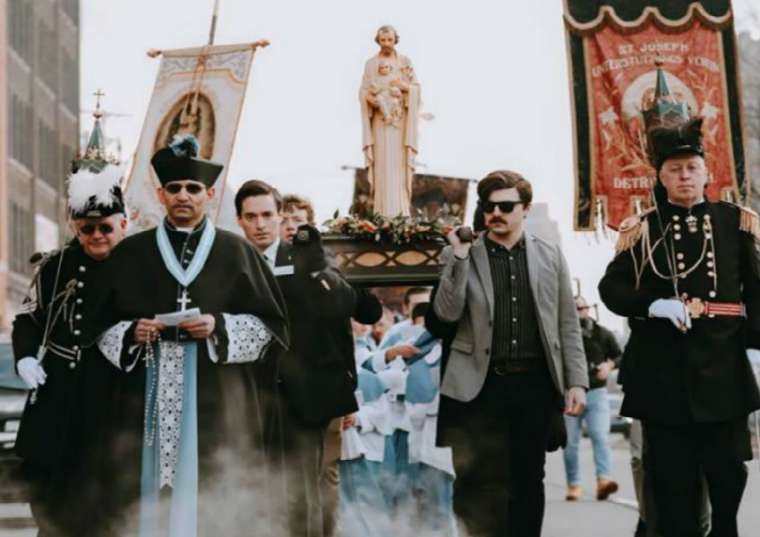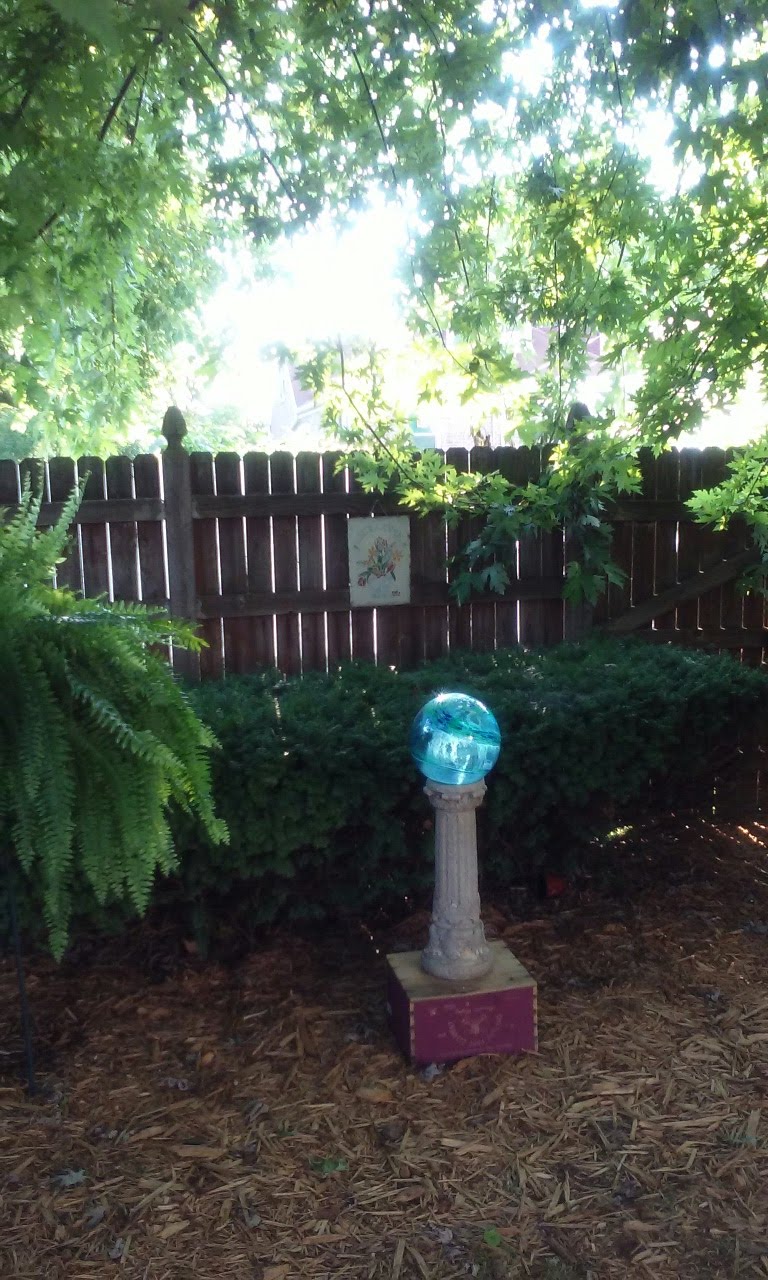We began in January in subzero weather, and today we awaken still to a fresh dusting of snow on the roofs of April.
Meanwhile, reading through Simon Callow’s sparkling biography of Orson Welles, pursuant to the Jane Eyre project, I had a small thought.
Before that, I had a large thought. Namely, that this is a great biography. My local suburban library has the first two volumes, The Road to Xanadu and Hello Americans. Mr. Callow published the third, One-Man Band, six years ago already. It seems he is working on the fourth and last. From 1996, the publication date of Volume 1, forward, that makes a titanic level of commitment. God bless him. Where else will you go to learn that Orson Welles made his theater debut at the age of sixteen in Dublin, electrifying the audience playing a role three times his age, in a play that I should imagine has not been seen since? Who but a theater scholar has ever heard of Jew Suss or would want to see it acted?
Callow’s volumes are marvelous. We learn also that when Welles’s father visited the infamous houses of the big city (Chicago), in the early 1900s, his bills were discreetly labeled “The Upton Novelty Company.” We read of an early project of Welles’s, the play Panic, that “[it] reads like the work of a middle-aged aesthete trying to rejuvenate himself by grafting the monkey-gland of political commitment onto his art.” Callow, the professional actor, notices and has valuable things to say on things we wouldn’t think of. For example on the danger, to professionalism, of a God-given instrument like Welles’s voice. The voice was remarked upon from the first, even in Dublin. It “bloomed and boomed … with brazen transatlantic sonority.” An actor who loved acting, Callow cautions, but didn’t have that voice might be inclined to study his parts more.
It means you must plunge into Simon Callow’s great books as soon as you have some rainy, comfortable day for it; or now, for that matter. But my small thought is this. Once or twice, in sketching Orson Welles’s development, the author tosses off a standard remark about his subject’s growing interest in politics, or awakening social conscience. It goes without saying that to grow or to awaken is to become leftist. Why? Why has this been the standard remark and the standard attitude for so long? It is nothing more than the serpent’s ancient sneer: Non serviam. So my small thought is, no, that is not to grow or to awaken. That is to degrade.
But do go on and read. Welles apparently threw himself into politics in the World War II years — just when his Rochester was getting poor notices in Jane Eyre, which confounds me — and it must have been thrilling to hear that voice blooming and booming about freedom, Roosevelt, and —
… the opponents of liberty — the adversaries of the small business man and the small farmer. They have been here a long time. They used to own the earth and run the world of men, but — just now — they’re losing out … they are the internationalists, but their pacts and treaties are as secret as crime.
Simon Callow, Orson Welles (Vol. 2), Hello Americans. Viking, 2006, p. 215.
It happens that today’s Gospel is the very long story of the raising of Lazarus, in John 11: 1-45. Christ cries out, in his great voice, “Lazarus, come forth!” St. Augustine comments, The hour shall come when all shall hear His voice, as the dead Lazarus once heard it, and will come forth from their graves. Through the miracle performed for Lazarus we should also be prepared for the great mystery of the general resurrection, so that we will rise to life and not to death.
You and me and Callow and Welles. Everybody.










